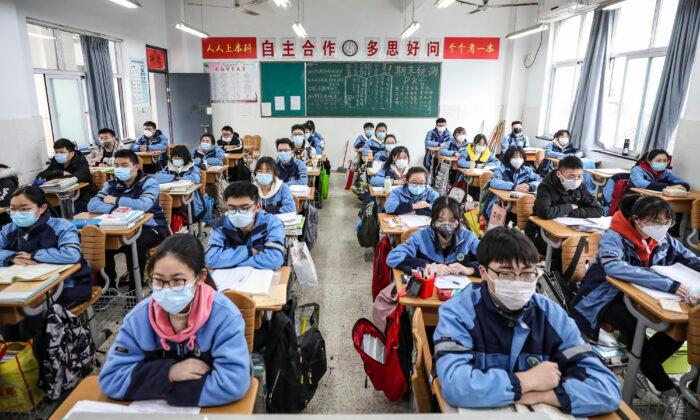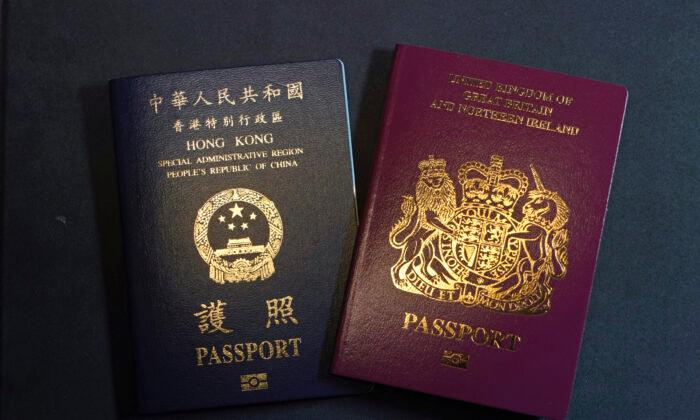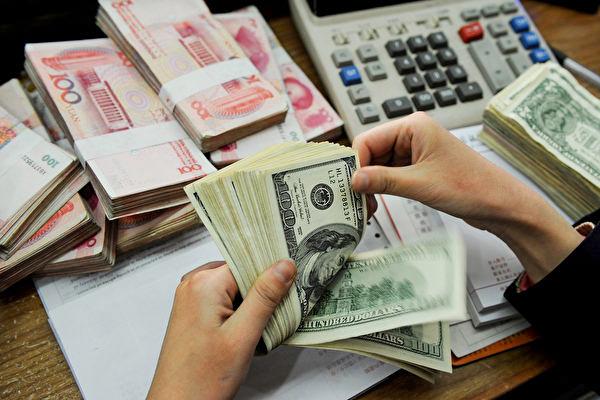NEW YORK—Only two Chinese writers—Zha Jianying and Yan Lianke—spoke during a panel discussion on April 29 during the PEN World Voices Festival. Would-be panelist Liao Yiwu was prevented by the Chinese regime from attending the event.
The two writers expressed their views on the democracy in China, the largest communist country in the world. Yan, 53, has three books banned in China. He said that he writes because he felt hopeless about the Chinese people when they are facing democracy and freedom.
“Those activists are warriors,” Yan said. “When [artist] Ai Weiwei was arrested, a very popular professor of Beijing University even told me: ‘What does this have to do with our life? 99% of Chinese don’t care about democracy at all—all they care about is their money, their [livelihoods].’”
Zha, a self-labeled “moderate liberal,” is possibly the best bilingual female writer alive from China. She doesn’t share Yan’s pessimism about Chinese people, even though she doesn’t think that “radical democracy, in terms of voting, etc” would work in China now. But “if you have democracy later ... it may have more chance to last,” she said.
She thinks China is getting to a point “something like the Mideast” and “the (Chinese Communist) regime is so jittery and paranoid” “because we are approaching that moment, and things are deeply corrupt, the Party sitting there with so much blood on [its] hands, and victims have never been given a chance to have catharsis.”
Zha believes that because China is a such large country with long history of “central bureaucracy,” the change may take longer to materialize; however, she believes that pressure from outside of China does help to speed up the process.
“There should be some ‘principle engagement’—you (Western countries) should engage China, but don’t back off from your principles,” she said. “Change won’t come just by waiting...what is critical is the change of the system. When that breakthrough change comes, you will find out that the Chinese are just like everybody else—they want to be more free, and they want not just money.”
Salman Rushdie, the chair of the festival, released a statement on Liao Yiwu’s absence, calling it “the ultimate testimony to the power of your (Liao’s) words. PEN American Center stands with you, and we will continue to protest all attempts to limit your freedom to write.”





Friends Read Free